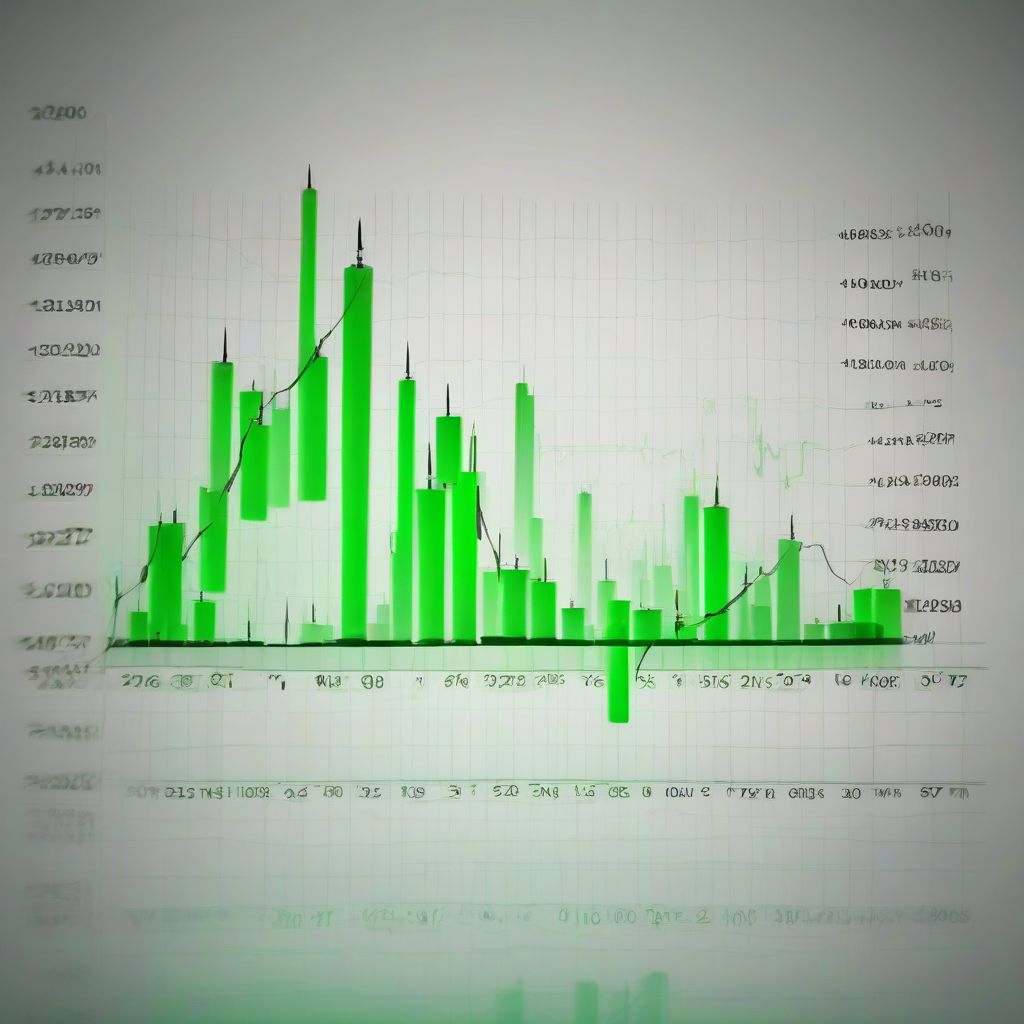Have you ever wondered how some people make money by buying and selling assets like stocks? It’s called trading, and while it might seem complex at first, it’s something anyone can learn about. This comprehensive guide will delve deep into the world of trading, explaining everything you need to know, from the basic concepts to different trading styles and essential tips for beginners.
Understanding the Fundamentals of Trading
What Exactly is Trading?
Trading, in simple terms, is the act of buying and selling financial instruments with the goal of making a profit. These instruments can include:
- Stocks: Shares representing ownership in publicly traded companies.
- Bonds: Debt securities issued by corporations or governments.
- Commodities: Raw materials like gold, oil, and agricultural products.
- Currencies: Foreign exchange (Forex) involves trading different currencies.
- Derivatives: Contracts whose value is derived from an underlying asset (e.g., options, futures).
Traders aim to capitalize on the price fluctuations of these assets. They buy low and sell high, profiting from the difference.
Why Do People Engage in Trading?
- Profit Potential: The most obvious reason is the opportunity to grow wealth. Successful traders can generate significant returns on their investments.
- Flexibility: Trading offers flexibility, allowing individuals to participate in the financial markets at their own pace and convenience.
- Accessibility: Online trading platforms have made it easier than ever for anyone with an internet connection to get started.
trading.juneglow.vn/wp-content/uploads/2024/07/stock market chart-66a1d2.jpg" alt="Stock market chart" width="1024" height="1024">Stock market chart
Different Types of Trading
Trading is not a one-size-fits-all endeavor. It encompasses various styles and strategies that cater to different risk tolerances and time commitments. Let’s explore some of the most common trading approaches:
1. Day Trading
Day traders, as the name implies, execute trades within a single trading day. They aim to capitalize on short-term price movements and close all their positions before the market closes. Day trading often involves high trading frequency, technical analysis, and a deep understanding of market volatility.
2. Swing Trading
Swing traders hold their positions for a few days to a few weeks, attempting to profit from price swings within a broader trend. They rely on both technical and fundamental analysis to identify potential trading opportunities.
3. Trend Trading
Trend traders identify and capitalize on long-term market trends. They look for assets that are consistently moving in a particular direction and hold their positions for weeks, months, or even years.
4. Value Investing
Value investors seek out undervalued assets that they believe are trading below their intrinsic worth. They conduct thorough fundamental analysis to identify such opportunities and hold their investments for the long term.
FAQs about Trading
1. Is trading risky?
Like any investment, trading involves risk. The level of risk varies depending on factors such as trading style, investment choices, and market conditions. It’s essential to understand and manage risk effectively.
2. How much money do I need to start trading?
The capital required to start trading can vary widely. Some brokerage accounts have minimum deposit requirements, while others don’t. It’s crucial to start with an amount you’re comfortable potentially losing.
3. Do I need to be a financial expert to trade?
While having financial knowledge is beneficial, it’s not a prerequisite to start learning about trading. Numerous resources, educational materials, and online courses are available to help individuals gain the necessary skills.
4. What is a trading platform?
A trading platform is a software application provided by brokerage firms that enables traders to execute trades, access market data, and manage their accounts.
Conclusion: Embark on Your Trading Journey
Trading can be a rewarding endeavor, but it requires knowledge, discipline, and a strategic approach. By understanding the fundamentals, exploring different trading styles, and continuously learning, you can navigate the exciting world of financial markets. Remember, it’s crucial to start small, manage risk effectively, and never stop seeking knowledge.
